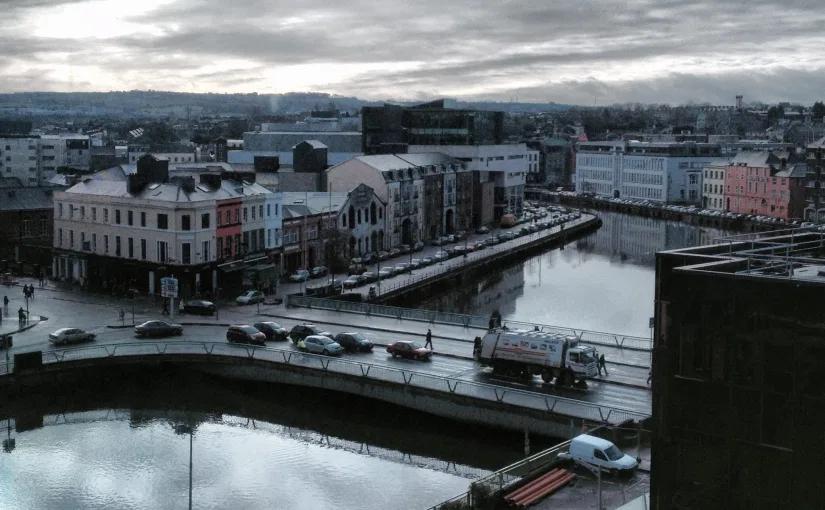
We’ve Inherited More, But That Doesn’t Make Us Better
by Seth Lewis | 13 February 2021
This article was originally posted here.
Humans don’t fly. Every human in the world knew this for most of history—but I’ve flown. I’ve flown many times, over long distances, at heights and speeds that boggle the mind. How did I do it? I have no idea. I know it had something to do with aerodynamics and jet propulsion and lift and thrust and stuff like that, but mostly I just stepped through the door and when I walked out I was on a different continent. In my pocket I carry a small computer, which I know does something with invisible waves and towers and space satellites and stuff like that, but mostly I just know I can talk to my friends and family through it. I turn the key in my car, and I know there are belts and gears and little petrol explosions that push pistons, but mostly I just sit down and push a little pedal with my foot and wish the other cars would get out of my way. In the kitchen I have hot running water and cold food, and I can make the cold food hot in minutes with some kind of micro-radiation cube.
I have a lot. I’ve been in old castles that are impressive to look at, but when I think of actually living there I become very thankful for my warm little house with its walls full of electricity and plumbing. What did I do to create all of this? Nothing. I was born in a place and time where things that the kings of old couldn’t have dreamed of are my everyday normal. This is my inheritance, passed down to me by countless ancestors, a treasury of knowledge discovered and applied that has grown larger with each generation, before finally reaching me at the cutting edge of time.
I have no clue how most of my inheritance actually works or where it originally came from, but I enjoy it anyway, when I notice it—though actually I notice it the most when it stops working, and that’s not enjoyable. Having most of these things my whole life has made me very accustomed to them, which makes me feel like this inheritance is mine by rights, like somehow I deserved to receive the accumulated knowledge of the ages, with all the comfort and privilege it brings. It would be better for me if I recognised my inheritance for what it is: the stored up treasures of humanity, passed down as a gift. If I look at it this way, it clears up some of my misconceptions. For example, I start to realise that I am not more worthy of my inheritance just because I was born late enough in time to get more of it than my ancestors did. I am not inherently better than they were, or more moral, or more intelligent. My ability to use the practical out-workings of their genius doesn’t automatically make me a genius. On the contrary, modern genetics tells us that our gene pool is degrading, not improving—which means the men and women who came before me were probably sharper, mentally, than I am. Just because I can make up for this in some ways with the applied knowledge that they passed down to me does not prove that I am smarter than they were.
Yes, I have a lot. A lot that was given to me by those who went before me. So as I look back on them, I shouldn’t assume that they were lesser people, simply because they had less than I do. I am not a better man, just because I have better technology. In some ways, I could be worse for it. More understanding about the world is not the same as more wisdom about how to live in it. More comfort is not the same as more character. If we who are alive today willingly accept our ancestors’ technical knowledge, yet refuse to listen to their wisdom and their warnings, we could easily end up much worse than they were. Then what will our children inherit?
